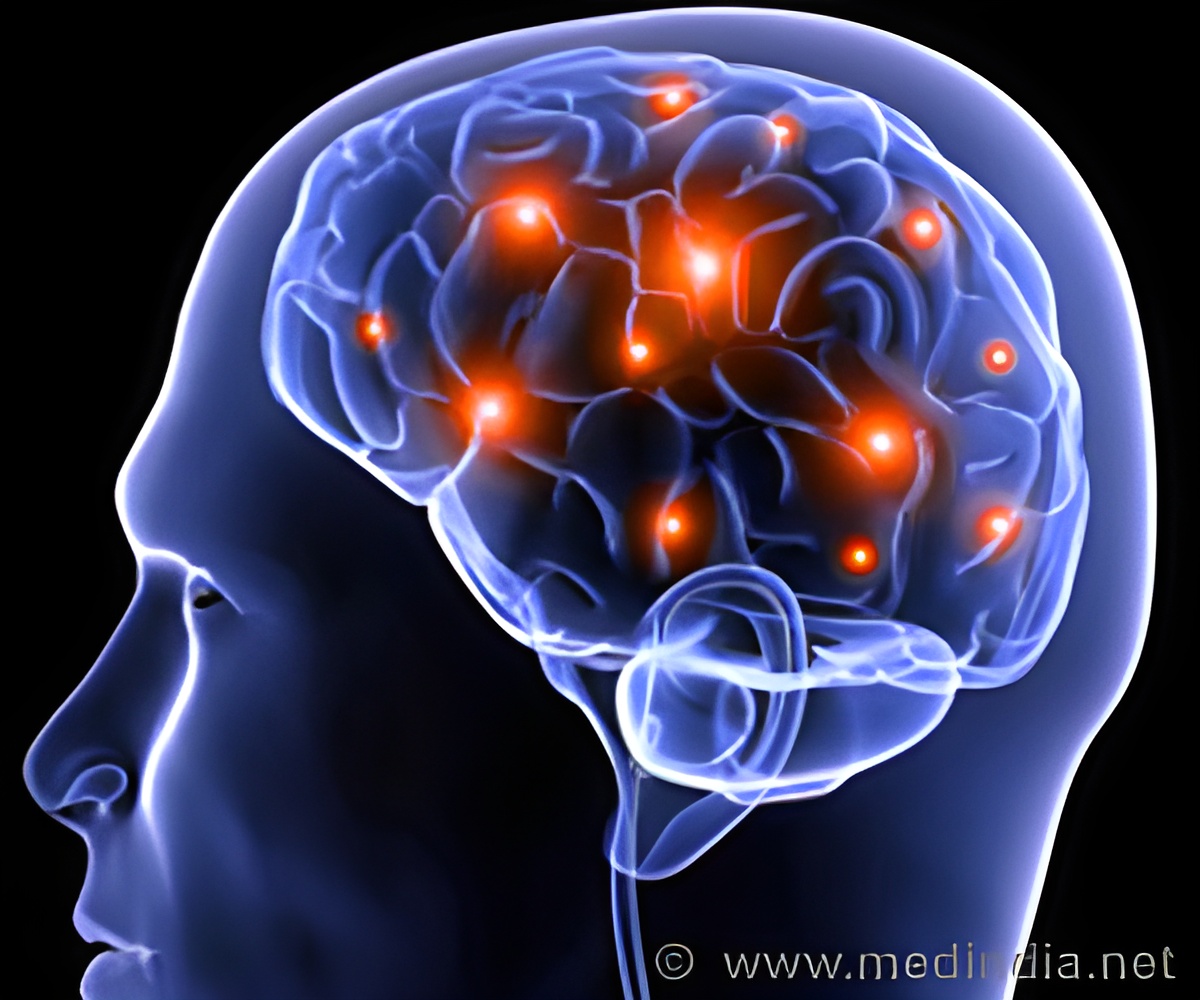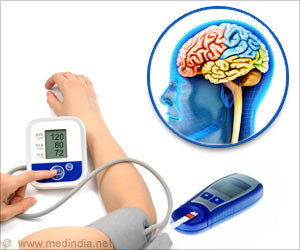The new test to detect Alzheimer’s disease focuses on the pathophysiological changes that occur a decade before the symptoms of the disease occur.

The antibodies attached to the blood stream are also attached to fluorescent particles which can then be picked up on a brain scan.
Nithiyanandam said, "The main benefits of my test are that it could be used to diagnose Alzheimer’s disease before symptoms start to show by focusing on pathophysiological changes, some of which can occur a decade before symptoms are prevalent. Some of my new preliminary research has suggested that my diagnostic probe could simultaneously have therapeutic potential as well as diagnostic."
The 15-year-old submitted his tests to the Google Science Fair and made it through to the finals along with three other British teens.
Science minister Jo Johnson said, "I’m delighted to hear that we have four exceptionally talented young scientists from the UK in the Google Science Fair final."
"I chose Alzheimer’s disease because I am fascinated by neuroscience and the workings of the brain. I have personally seen what a difference it can make to people’s lives,” Nithiyanandam added.
Advertisement
Source-Medindia











